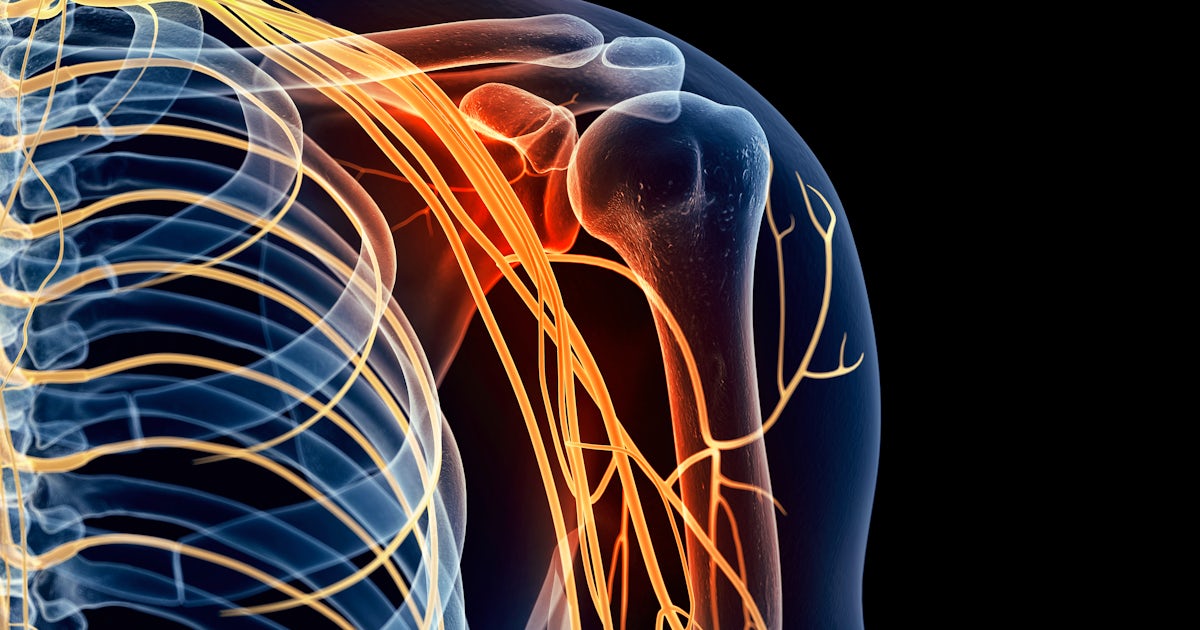
Have Knee Pain? Chiropractic May Help
 Knee pain is a frequent problem for patients in our Parkland chiropractic office, and Dr. Scharf has happily provided many of these people relief. This is largely because chiropractic care has been found to help with many types of knee pain.
Knee pain is a frequent problem for patients in our Parkland chiropractic office, and Dr. Scharf has happily provided many of these people relief. This is largely because chiropractic care has been found to help with many types of knee pain.
For example, some patients encounter pain in and around the knee area due to degenerative arthritis. Research has proven that this ailment responds very well to chiropractic--and rather quickly, too. In fact, one study published in The Journal of the Canadian Chiropractic Association found that people with osteoarthritis in their knees felt significant pain relief and improved function after just two weeks of chiropractic care.
If your knee pain is because of a medial meniscus sprain, chiropractic could likely help with that as well. One article found that combining chiropractic with soft tissue treatment, rest, ice, and compression on the affected knee helped lower the intensity of the pain.
Of course, sometimes a knee replacement surgery is necessary in order to rectify the problem, and if that's the case, chiropractic care can also help improve the outcome. How?
Research Supports Chiropractic Helps With Knee Problems
Research has shown that people with low back pain frequently have less positive results after knee surgery. So, dealing with your back pain through chiropractic before having a total knee arthroplasty can assist with your post-surgery recovery.
No matter what your knee issue, Dr. Scharf can likely help. Call our Parkland location today and find out what we can do for you!
Studies
- Pollard H et al. (2008, December). The effect of a manual therapy knee protocol on osteoarthritic knee pain: a randomised controlled trial. The Journal of the Canadian Chiropractic Association;52(4):229-42
Boyle J et al. (2014, March). Influence of low back pain on total knee arthroplasty outcome. Knee;21(2):410-4 - Jarosz B & Ames R. (2010, December). Chiropractic management of a medial meniscus tear in a patient with tibiofemoral degeneration: a case report. Journal of Chiropractic Medicine;9(4):200-8



